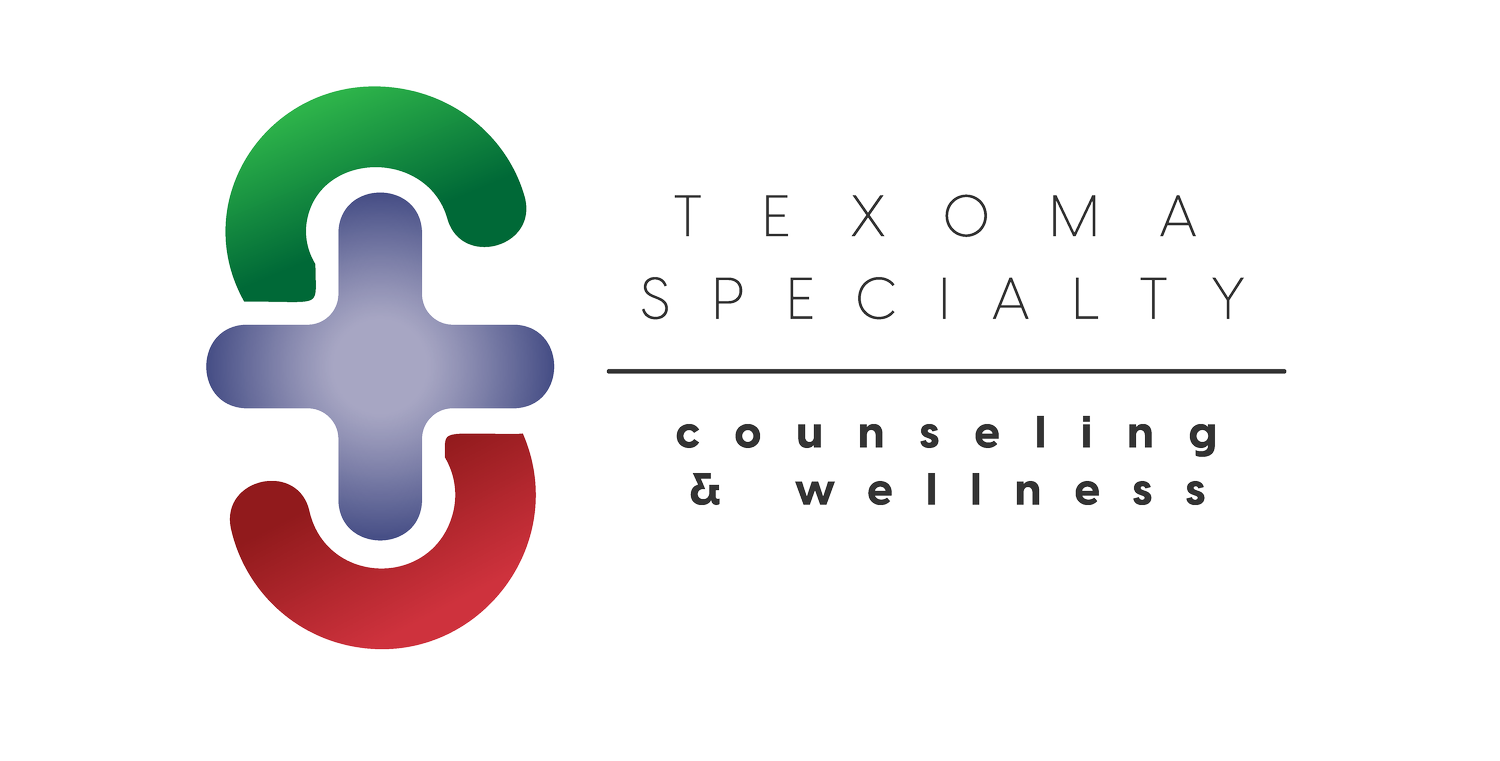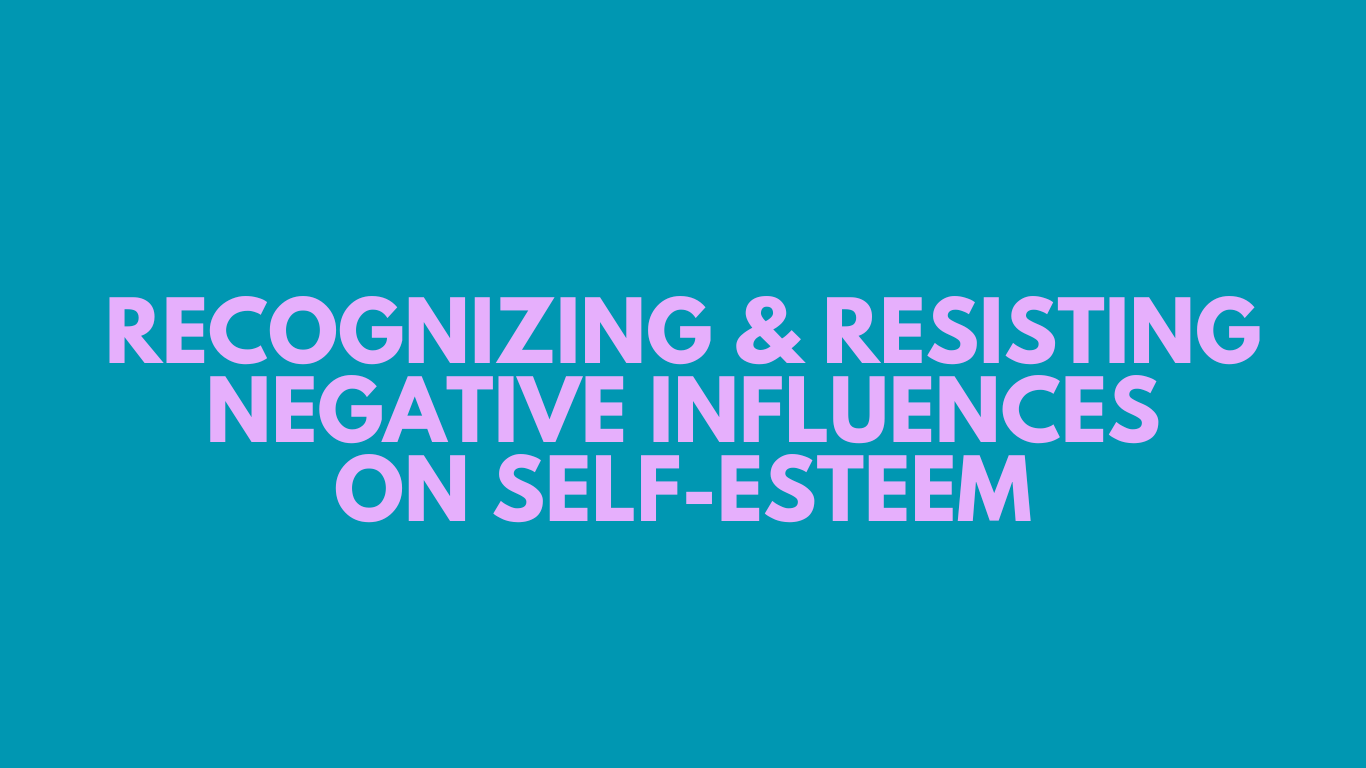Unveiling Societal Pressures: Recognizing and Resisting Negative Influences on Self-Esteem
Practical tips for disentangling self-worth from societal pressures and fostering an authentic sense of value.
The modern perceptions of beauty have a devastating impact on women, young and old. I love fashion. If I ever return to school for a second career it would be to work in the fashion industry. I love fabric, accessories, makeup, beauty products, shoes, clothes, and the art of fashion. I am intrigued by models.
I find them beautiful and I find them alluring. I find that I want to wear or carry whatever it is the models are wearing or carrying. As I flip through the most recent addition of Vogue and I see the gorgeous photos shining back at me, I feel a bit conflicted and convicted. Does my love for fashion and this media standard of beauty mean that I support the unhealthy and unrealistic expectations of beauty?
As a therapist working with traumatized individuals I see many women struggling to gain control by obsessing about their bodies and the food they consume. The media also impacts young women that be loved and adored they must meet a certain body standard. Therefore so many young women, and men, spend a great deal of time trying to shape their physique to meet a specific standard. Countless hours are spent in the gym, time with friends and family is neglected, and hours are spent obsessing about food. Food is no longer enjoyable. Eating causes anxiety, fear, and stress. It seems that no matter how much weight is lost the more control is lost. Individuals do not find happiness in achieving a specific physique. Because the person still feels unsatisfied and unfulfilled they assume it is because they have not yet achieved their ideal body.
The current standard in beauty is a “thigh gap” and “6-pack abs”. People believe to have the body shaped in this way means a person is more beautiful. But what does achieving this body mean? What does this body say about this person? I asked a group of young girls about this. To achieve the ideal body means someone is more popular, happier, smarter, and more successful in life. What we need to realize is that the physical body is only a shell of a person. A pecan shell may indicate a yummy, healthy pecan is inside, but once cracked open it displays a rotted, spoiled nut that cannot be eaten and left for garbage.
I am afraid these media standards are not going anywhere and they are not likely to change anytime soon. We will constantly be bombarded with thigh gaps and 6 pack abs. Rather then change media outlets (please continue to fight for realistic, less unhealthy versions of beauty in the media), we need to focus on changing our individual selves to value who we are, what we do, and how we look.
The easiest way to change how we value ourselves is to examine our beliefs. One way our beliefs develop is through our personal experiences. Most people believe in the notion that as humans we live in a Just World. In other words, it makes most sense to believe that things happen in life to us and to others because it is deserved. We may think that a person deserves abs and a thigh gap more than ourselves. We think the “beautiful” person has been rewarded their figure.
Most people walking around this planet have experienced heartache, disappointment, hurt, rejection, and fear. Sadly these experiences influence how we feel about ourselves and have the tendency to cause us to believe we do not deserve better (Callan, Kay, & Dawtry, 2014). A recent research study found people use this thinking to develop patterns of behavior. These behaviors include beliefs one is not capable of achieving better and that other people believe the individual is not deserving of better (Callan, Kay, Dawtry, 2014). Let’s say you have a goal to lose weight and want to be more fit so you start attending the local gym on a regular basis. You walk in and see people that appear “fit” and healthy to you. Rather than become motivated by their physiques you compare yourself and find yourself lacking. Because you find yourself lacking you assume you are not deserving of a better physique. This self-doubt will keep you from your goals. If you do not believe in yourself, you will struggle to achieve your dreams.
What also happens is people think others are judging them (Callan, Kay, & Dawtry, 2014). I hear people say all the time they fear others think “I am so fat” and that “I am lazy”. If you feel bad about yourself, you will think others think badly about you as well.
The reason for selling yourself short and doubting yourself is related to the thoughts and experiences you hold. Every single person on this Earth has positive and negative experiences and every single person will base their opinion of self based on these. It is not true that individuals with the body and life you want are more deserving than you. In fact you deserve it as much as them. The difference between you and them, is their ability to see self in a more positive frame of reference.
Strategies for Disentangling Self-Worth from External Expectations
A research study suggests that individuals that can retrieve positive self-images had not only increased self-esteem but also improved social interactions. The researchers found people had to deliberately conjure these positive self-images (Hulme, Hirsch, & Stopa, 2012). To be more successful and love yourself more, you need to imagine your best, most fabulous self, and you have to do this on purpose and with intention. It will not always come easy but creating a reminder of this best self, is sure to help remind you to recall how great you really are.
• To feel better about yourself and forget about the images bombarding you, imagine your best self.
• Think about all the times you have been told “I love you”.
• Imagine a time you were successful and proud.
• Write all of this down. Include pictures if you have them. Include pictures where you look happy, proud, and excited. Include letters and memorabilia. Place all of this on a wall, in your car, in your purse, in your pocket, in your work bag, etc. Keep it somewhere to remind you how great and beautiful you are.
Remember a thigh gap and 6-pack abs will not pay your bills, will not keep you safe, and will not love you back. These “status symbols” do nothing to improve an already fabulous you. The things you have listed above determine your value and your worth.
References:
Callan, M., Kay, A., & Dawtry, R. (2014). Making sense of misfortune: Deservingness, self-esteem, and patterns of self-defeat. Journal of Personality and Social Psychology, (107)1.
Hulme, N., Hirsch, C., & Stopa, L. (2012). Images of the self and self-esteem: Do positive self-images improve self-esteem in social anxiety? Cognitive Behavior Therapy, 41(2).


